Description
Umbrella Ashoka Tree (Saraca asoca)
Vernacular / local Name : Bengali-Ashoka, asok; Gujarati-Ashopalava, asupala; Hindi–Ashok, sita-ashok ; Kannada-Aksunkar, asokadamara, kenkali, anchange; Malayalam-Asokam, hemapushpam, vanjulam; Marathi-Ashoka, jasundi; Oriya-Oshoko; Sanskrit –Ashoka, vanjuladruma, pallavadru ; Tamil-Asogam; Telugu-Asoka, kankeli, vajulamu, Ashoka Tree
English names: Ashoka Tree
It is an important tree in the cultural traditions of the Indian subcontinent and adjacent areas. It is sometimes incorrectly known as Saraca indica. The flower of Ashoka tree is the state flower of the Indian state of Odisha.
The Ashoka is a rainforest tree. Its original distribution was in the central areas of the Deccan plateau, as well as the middle section of the Western Ghats in the western coastal zone of the Indian subcontinent.
The Ashoka is prized for its beautiful foliage and fragrant flowers. It is a handsome, small, erect evergreen tree, with deep green leaves growing in dense clusters.
Its flowering season is around February to April. The Ashoka flowers come in heavy, lush bunches. They are bright orange-yellow in colour, turning red before wilting.
As a wild tree, the Ashoka is a vulnerable species. It is becoming rarer in its natural habitat, but isolated wild Ashoka trees are still to be found in the foothills of the central and eastern Himalayas, in scattered locations of the northern plains of India as well as on the west coast of the subcontinent near Mumbai.[citation needed]
There are a few varieties of the Ashoka tree. One variety is larger and highly spreading. The columnar varieties are common in cultivation.
Umbrella Ashoka Tree is a small to medium-sized tree that can grow up to 15 meters tall and has an umbrella-shaped crown. Leaves are paripinnate, with 3-6 pairs of leaflets that are oblong-lanceolate or oblong. Flowers in corymbs are orange and fragrant. Fruit is a flat pod that is oblong, compressed, and black.
Flowering: February- May
Fruiting: September-October
Nutritional Value of Ashoka Tree
There are a number of essential nutrients that can be derived from the tree. It contains tannins, glycoside, essential oils, and calcium. It also contains carbonic compounds of carbon and iron while the bark of the tree contains ketosteroid.
Uses of Ashoka Tree
Ashoka trees are planted in Buddhist monasteries. Wood is used for ploughs and shafts. Its bark and flowers are used in Ayurvedic medicine, and cosmetics. Timber is used for house building. The seeds are chewed as a substitute for betel nut. It helps to prevent the condition of scanty and difficult urination and even acts as an antidote to a scorpion bite. Even its dried flowers are advantageous for diabetic patients.
Planting and care
It is propagated by seeds. The seeds retain their viability for one season only and should be sown in August.
- Sunlight: Full sun to partial shade.
- Soil: well-drained and organic soil.
- Water: Moderately
- Fertilizer: Apply any organic fertilizer.
- Care: Easy to maintain.


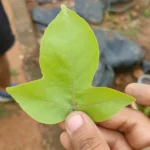
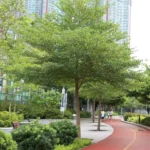
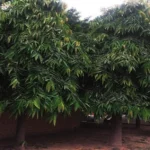
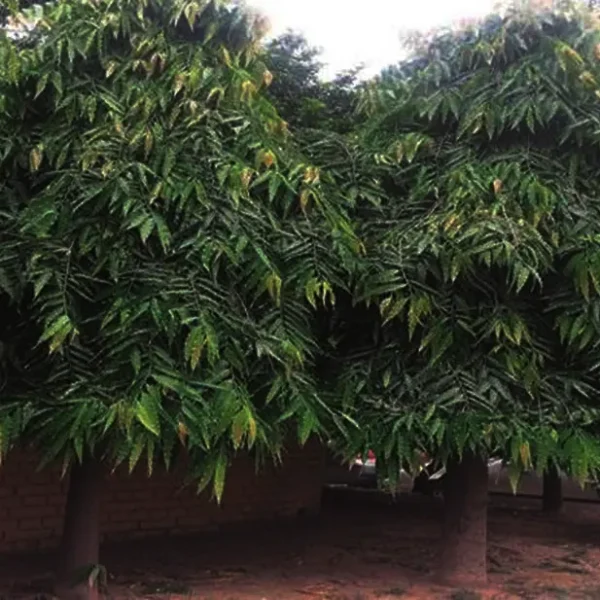
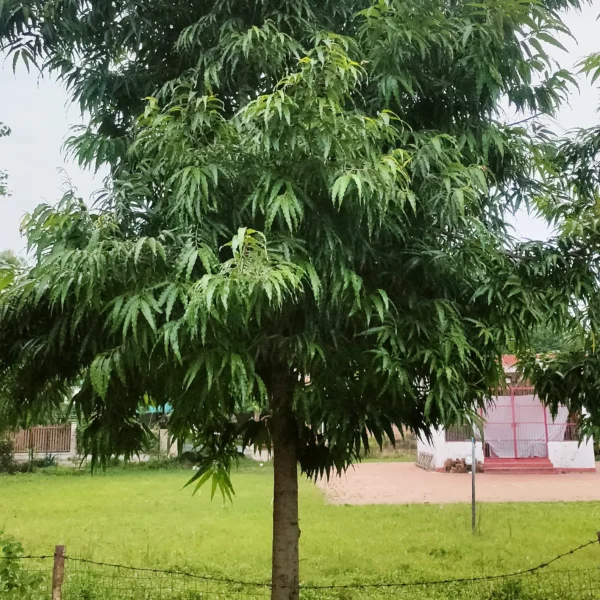
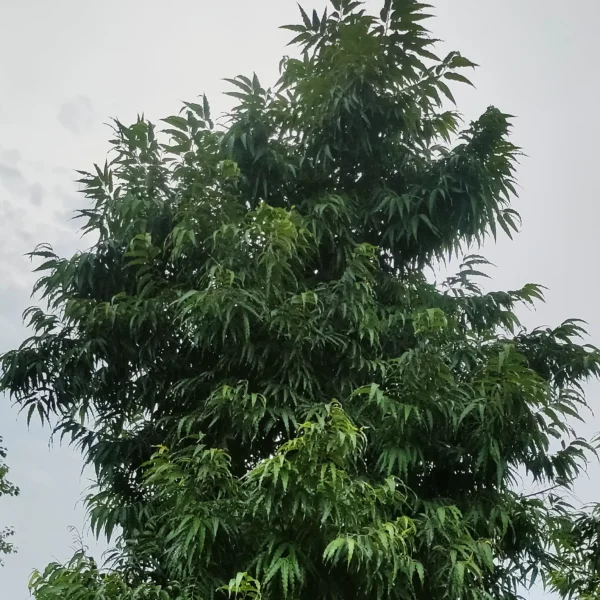
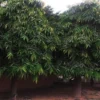
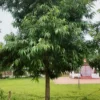

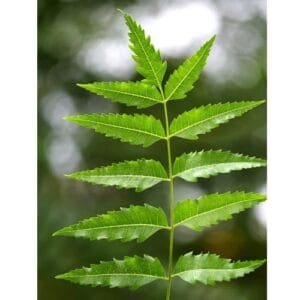
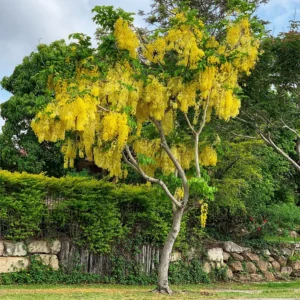
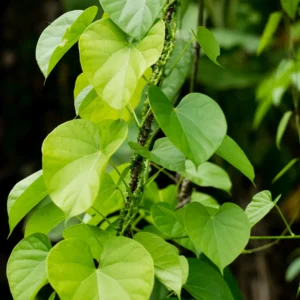

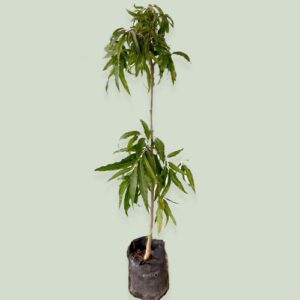
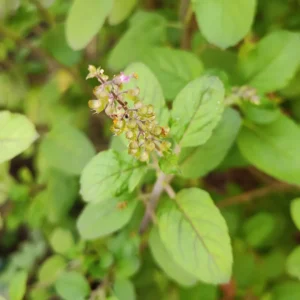
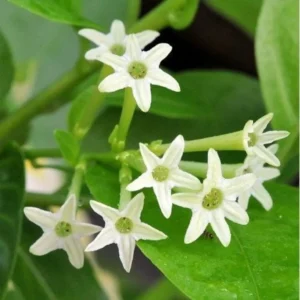

Reviews
There are no reviews yet.